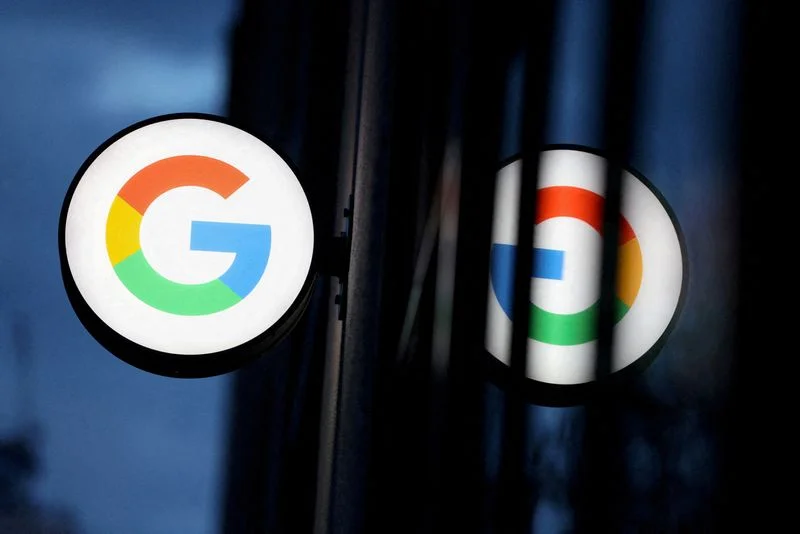During a recent demonstration, Google announced an upgraded version of its core search product, which incorporates a higher degree of artificial intelligence (AI) in its responses. This update is aimed at addressing concerns about Google’s competitive position against Microsoft’s Bing search, which is powered by OpenAI technology.
While Google already has its Bard chatbot as a direct competitor to OpenAI’s ChatGPT, the new search update emphasizes the distinction between using traditional Google search for informational queries and utilizing Bard for collaborative and creative purposes.
Dubbed the “Search Generative Experience,” the updated Google search maintains its familiar homepage with a search bar. However, the key difference lies in the answers provided. If the new Google determines that generative AI can effectively address a query, it will present the AI-generated response prominently at the top of the search results page, with traditional web links appearing below.
For example, a search for San Francisco weather will yield an eight-day forecast, while inquiries about suitable outfits for the city will generate detailed AI-generated suggestions. Users will also have the option to engage in a “conversational mode” that retains the memory of their previous questions, enabling easier follow-up inquiries.
It is important to note that the conversational mode is not designed to emulate a chatbot with a distinct personality, but rather to refine search results. Unlike Bard and ChatGPT, responses in conversational mode will avoid the use of personal pronouns.
Although the Search Generative Experience is not currently available, it will soon be accessible to U.S. consumers through a waitlist, allowing Google to evaluate the quality, speed, and cost-effectiveness of the search results. Meanwhile, Bard is already accessible in 180 countries and territories without the need for a waitlist, and Google plans to expand its language support to cover 40 languages.
With these updates, Google aims to harness the power of AI to enhance its search capabilities while maintaining a clear differentiation between traditional information-based searches and the collaborative potential facilitated by Bard. By providing users with more comprehensive and contextually relevant search results, Google seeks to strengthen its position in the competitive search engine market.
While this move towards more advanced AI capabilities may draw criticism from those concerned about the impact of AI on jobs and society, Google emphasizes its commitment to responsible development practices and ethical guidelines. By prioritizing the responsible implementation of AI, Google hopes to harness the potential of this technology for the betterment of society.




